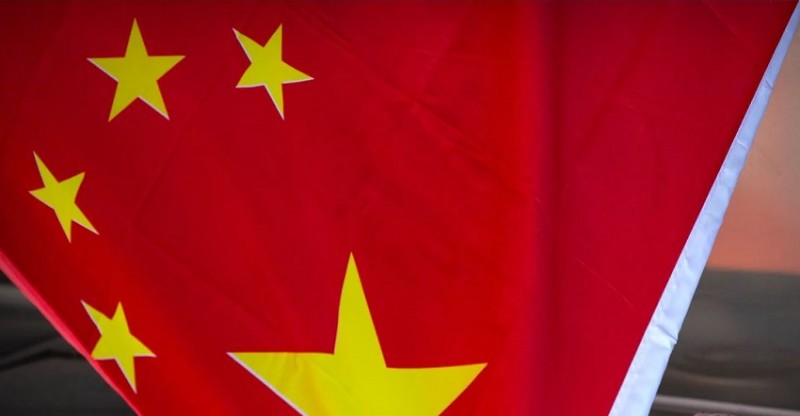
In April, consumer prices in China saw a slight uptick, marking the third consecutive month above zero, while industrial prices continued their downward trend, indicating subdued demand in the economy.
The National Bureau of Statistics reported on Saturday that the consumer price index increased by 0.3% compared to the previous year. This uptick follows a 0.1% rise in March, surpassing economists' median forecast of 0.2% in a Bloomberg survey.
However, factory-gate prices remained entrenched in deflationary territory, continuing a trend since late 2022. The producer price index fell by 2.5% in April compared to a year earlier, slightly more than the anticipated 2.3% decline, following a 2.8% drop in March.
These figures underscore the persistent threat of deflation in China's economy, despite signs of improvement in the manufacturing sector and strong export performance.
Efforts by the government to stimulate household spending have been challenged by a sluggish real estate market and weak job opportunities. Declining producer prices are squeezing profits for companies and deterring investment. A recent survey conducted by the China General Chamber of Commerce, covering over 20,000 retailers, revealed a decrease in average order values, despite increased customer traffic during the Labor Day holiday period.
Bruce Pang, chief economist for Greater China at Jones Lang LaSalle Inc., noted that while there are signs of economic recovery, significant structural disparities persist between goods and services prices, as well as upstream and downstream sectors. He emphasized the need for enhanced and effective policy support.
Some of the increase in consumer prices could be attributed to administrative measures rather than genuine demand improvements. Local governments have raised utility costs and train fares in recent months, potentially boosting the price index but reducing households' purchasing power for other goods.
Reports indicate that over 130 cities and counties have hiked residential natural gas prices, while cities like Shanghai and Guangzhou have raised water charges. Analysts estimate that these increases in utility and transportation fees could contribute between 25 and 101 basis points to producer price inflation and between 18 and 72 points to the consumer price index.
China's New Ambassador to India Aims for Bilateral Reconciliation
Biden Mulls Tariffs on China's Electric Vehicles: A Shift in U.S. Trade Policy
How expensive has gold become in 10 years?